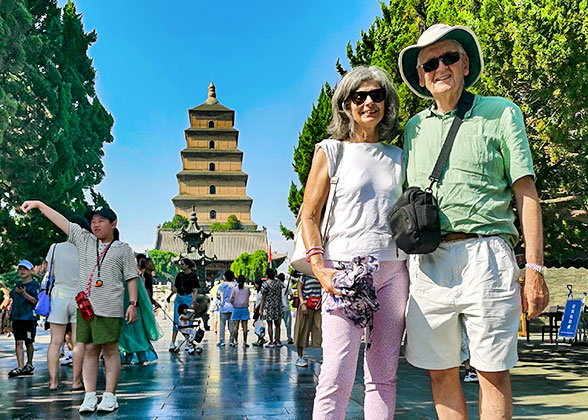Why did Emperor Qin Shi Huang not determine the empress?
In Chinese feudal society, it is customary for an Emperor to choose an Empress. This practice has been standard since Qinxiaogong's rule during the Warring States Period (476 BC-221 BC). Following the unification of China, the Emperor Qin Shi Huang made massive changes and improvements to various rules and regulations, one of which was that the first wife of the emperor was given the title 'Empress' and the mother of the emperor was titled the 'Empress Dowager'. However, Qin Shi Huang himself became the only Chinese Emperor in history not to have taken an Empress. The reason for this remains a mystery to this day.
The first and most likely factor relates to the psychological trauma suffered by Qin Shi Huang through the bad behavior of his mother Zhao Ji. Originally a concubine of Lu Buwei, Zhao Ji was sent as a gift to Zi Chu who later became King Zhuangxiang of the Qin State. She gave birth to Qin Shi Huang but after the King's death, Zhao Ji carried on a clandestine love affair with Lu Buwei. She then also had an affair with Lao Ai and gave birth to two illegitimate children. Her scandalous behavior caused Qin Shi Huang great embarrassment and in a fit of rage he killed Lao Ai and his two bastard half-brothers and then forced Zhao Ji to move from the royal palace. However it appears that Zhao Ji's deeds affected his son deeply. Gradually, Qin Shi Huang began to hate women and used them only as the means of meeting his base human needs.
The second contributory factor is that the pretentious Emperor thought his contribution to the world to be greater than any others who had governed before. It is therefore supposed that no woman in his harem was good enough to reach the standards of etiquette and intelligence required to be his Empress. The third factor relates to his mistrust of women, probably caused by his mother's behavior all those years ago. He was apparently concerned that the enthronement of an Empress would lead to gossip and fighting among ladies at court. He was worried that his time would be taken up with solving these arguments, which would allow precious little time for affairs of state.
The Emperor always pursued longevity and it is said that the achievement of a long life was always on his mind. His dream of being immortal encroached on his interests in other matters, such as the selection of an Empress.
Further to this, it is believed that the Emperor despised many of the beauties in his harem due to their shameful behavior while trying to attract and flatter their new master. A greatly admirer of chaste women, the Emperor once built a memorial temple for a young widow in praise of her morality.
Furtuer Reading:
What did Qin Shi Huang die from?
Qin Shi Huang Facts: 10 Things to Know about the First Emperor of China
Recommended Tours
- Last updated on Feb. 14, 2026 by Gabby Li -



